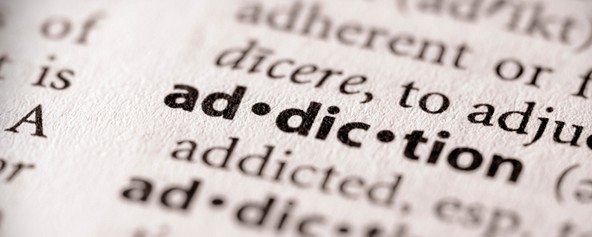The Future of Addiction: Dr Stanton Peele’s Predictions for the Next 40 Years
WHAT THE NEXT 40 YEARS HOLD FOR THE ADDICTION FIELD
This post originally appeared on Substance.com as “The Future of Addiction: My Predictions for the Next 40 Years.”
1. The concept of addiction will not disappear, and in fact will be deployed more broadly. The DSM will slowly expand its conception of addictive behaviors—to start, “Internet Gaming Disorder,” already listed in the current edition as inviting further research, will be added—but, true to form, the DSM will be playing catch-up on the forms addiction takes for decades to come.
2. To call a person an “addict,” meaning addiction resides in the person, is derogatory, misleading, and harmful. Even the terms“substance abuse” and “substance abuser” place people in a ghetto. As the century progresses, it will become increasingly unacceptable to use these terms, and the elimination of this nomenclature will help us recognize that addiction is not a special trait that only some people are subject to. The reversal of such stigmatizing will further improve the prospects of normalizing the lives of people who become, for a time, addicted.
3. The pursuit of the neurochemical roots and cures for the “disease” of addiction spreads and prolongs the condition. Current neuroscience has produced no useful tool for diagnosing addiction—nothing that predicts outcomes, no treatments for addiction—and it never will. Moreover, it distances us from the personal and cultural forces that cause addiction, and which we need to reverse. There is no alternative to addressing live human problems.
4. However, we will still waste a great deal more money, time, and effort on seeking biomedical cures, even as our long-standing failures to curtail addiction fuel our growing sense of impotence. Along with our historical biomedical fetish, the commercial interests that support the disease theory—including the rehab business, biomedical researchers like Volkow, and, most economically potent of all, the pharmaceutical industry’s marketing of chemical “remedies” for addiction—are simply too powerful for us not to see significant further medicalization of addiction over the coming decades.
5. Yet, even though they run counter to this biomedical momentum, cognitive-behavioral therapies will come to dominate the treatment marketplace, as motivational interviewing already does, at least in name, and CRAFT (community reinforcement and family therapy) promises to do. Although AA will remain prominent, its hegemony over American treatment will continue to decline as it has in recent years. In its place, the availability of treatment programs based on genuine CBT techniques will grow, gradually crowding out ersatz claims by 12-step-based programs that they are practicing motivational interviewing or community reinforcement which—given their basic powerlessness creed and mandated steps—it is impossible for them to do.
6. Harm reduction, which sees that people can modify and improve their addictive drug use without fixating on abstinence, is a far better way forward than the disease theory. There are nonetheless also pitfalls in this direction, and I will outline one dangerous sidetrack in my next article. Here, I’ll say that harm reduction tools like methadone and buprenorphine, while important techniques, defy the underlying values of harm reduction to the extent that they are predicated on the view of addicted people as permanently biologically predisposed to addiction. Overall, however, this burgeoning approach will establish itself more firmly and widely, with major positive implications for policy and public health.
Developments like the spread of CBT and harm reduction, simultaneous with the medicalization of addiction, create contradictory forces. How we will resolve these conflicting ways of thinking isn’t at all clear. That we are not at some end point in how we think about addiction and drugs is abundantly clear, as signalled by the tar pit the DSM and American psychiatry find themselves stuck in. But I remain optimistic that the never-ending string of failures of biochemical approaches stretching before us, combined with the obvious humanity of harm reduction and the efficacy of common-sense, life-focused approaches to addiction treatment represented by CBT, will result in a rational, real-world model of addiction finally prevailing.
My only concern is that this progress will take a full 40 more years, which means I won’t be around to receive that Nobel.
The Life Process Program was developed by Dr. Stanton Peele to provide an alternative option to the standard treatments such as Alcoholics Anonymous (AA). He wanted to create a viable alternative for those that do not agree with the 12-step philosophy or did not find success with the steps. You can try it for FREE with a 14 day trial:






